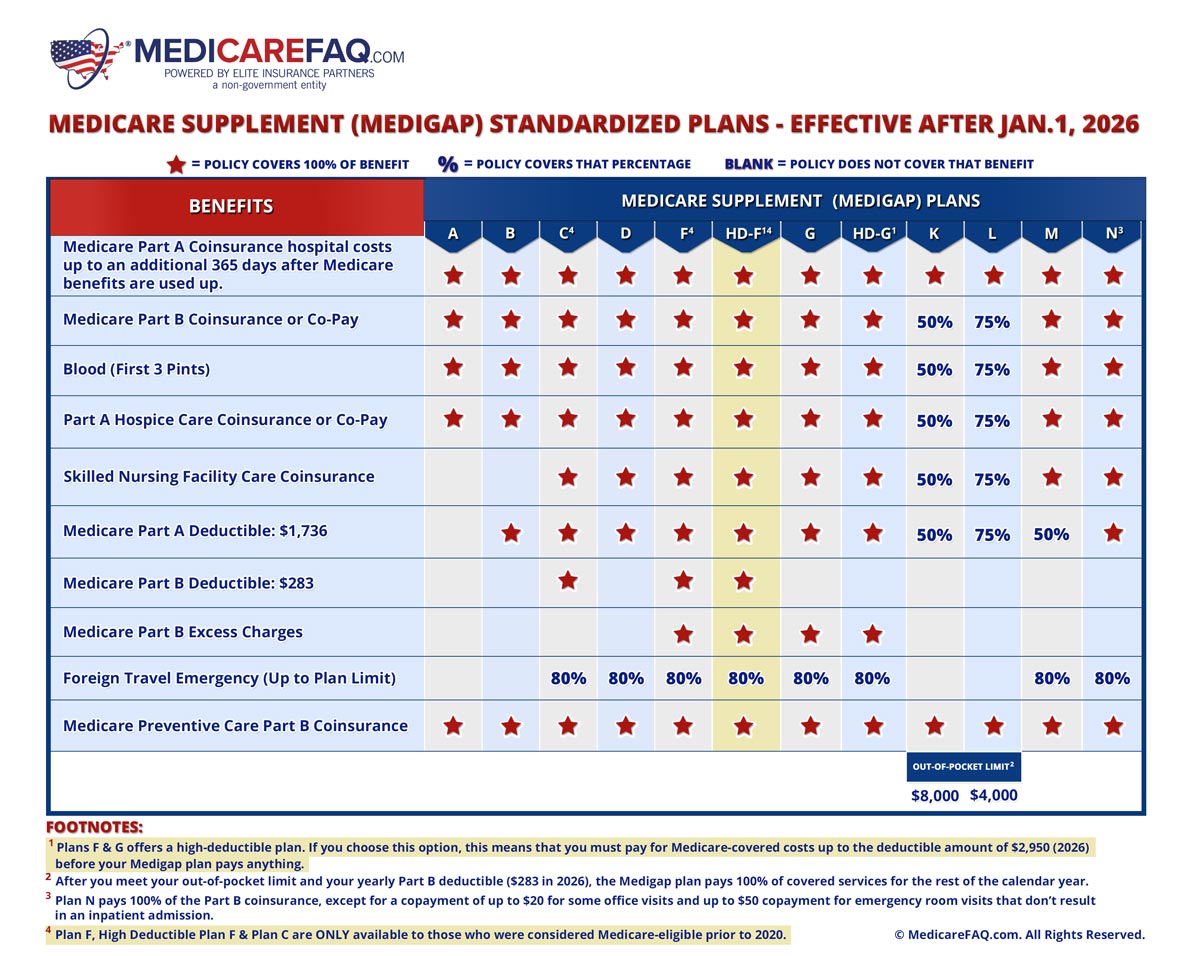Medicare Supplement Plan F Eligibility Deciphered
Navigating the landscape of Medicare can feel like traversing a complex maze. For those seeking comprehensive coverage, Medicare Supplement Plan F, often referred to as Medigap Plan F, has historically been a popular choice. But understanding the qualifications for this plan is crucial. This article delves into the intricacies of Medicare Supplement Plan F eligibility, providing a roadmap for those seeking to secure this comprehensive coverage.
Before 2020, Plan F was available to anyone eligible for Medicare. However, changes in Medicare law impacted the availability of this plan for new Medicare beneficiaries. Understanding this shift is fundamental to grasping current Plan F eligibility requirements. Essentially, if you were eligible for Medicare before January 1, 2020, you retain the option to enroll in Plan F. However, those new to Medicare after this date are generally not eligible for Plan F.
The core purpose of Medigap Plan F is to bridge the gap in coverage left by Original Medicare (Parts A and B). It covers various out-of-pocket expenses, such as copayments, coinsurance, and deductibles, offering significant financial protection. Understanding the eligibility criteria for this plan is essential for those seeking to minimize their healthcare costs.
One of the key issues surrounding Medicare Supplement Plan F eligibility is the grandfathering provision. Those eligible for Medicare before January 1, 2020, are often referred to as being "grandfathered in," meaning they retain their eligibility for Plan F even though it's no longer available to newer beneficiaries. This distinction is vital for understanding who can access this comprehensive coverage option.
Another important aspect of Plan F eligibility is understanding the enrollment period. For those eligible for Medicare before 2020, enrolling during the Medigap Open Enrollment Period offers guaranteed issue rights, meaning insurance companies cannot deny coverage or charge higher premiums based on pre-existing health conditions. This period begins the first month you have both Medicare Part B and are age 65 or older.
While Plan F offers extensive coverage, it is generally more expensive than other Medigap plans. This higher cost is directly related to the comprehensive benefits it offers. Individuals considering Plan F should weigh the cost against their healthcare needs and budget.
For individuals eligible for Medicare after January 1, 2020, Plan G is often considered a comparable alternative to Plan F. It provides similar coverage, with the exception of the Part B deductible.
Advantages and Disadvantages of Medicare Supplement Plan F
| Advantages | Disadvantages |
|---|---|
| Comprehensive coverage of out-of-pocket expenses | Higher premiums compared to other Medigap plans |
| Predictable healthcare costs | Not available to those new to Medicare after January 1, 2020 |
Frequently Asked Questions about Medicare Supplement Plan F Eligibility:
1. Who is eligible for Medicare Supplement Plan F? Generally, those eligible for Medicare before January 1, 2020.
2. Can I still get Plan F if I became eligible for Medicare after 2020? No, generally not. Plan G is often considered a suitable alternative.
3. What is the Medigap Open Enrollment Period? It's a six-month period beginning the first month you have both Medicare Part B and are age 65 or older, offering guaranteed issue rights.
4. What does "grandfathered in" mean regarding Plan F? It means those eligible for Medicare before 2020 retain Plan F eligibility.
5. Why is Plan F more expensive? Because it provides more comprehensive coverage.
6. What if I move to a different state? Your Plan F coverage will typically travel with you.
7. How do I apply for Plan F? Contact a private insurance company offering Medigap plans.
8. Can I switch from Plan F to another Medigap plan? Yes, but you may undergo medical underwriting.
Tips for navigating Plan F eligibility: Consult with a licensed insurance agent specializing in Medicare, compare plans from different insurance companies, and carefully consider your healthcare needs and budget.
In conclusion, understanding the intricacies of Medicare Supplement Plan F eligibility is vital for those seeking comprehensive coverage for their healthcare expenses. While Plan F is no longer available to those new to Medicare after January 1, 2020, those who qualify under the grandfathering provision can enjoy the peace of mind that comes with its comprehensive benefits. By carefully considering your needs, comparing plans, and seeking expert advice, you can navigate the complexities of Medicare and secure the coverage that best suits your individual circumstances. Take the time to research and understand your options—your health and financial well-being will thank you for it. Don't delay, start exploring your Medicare Supplement options today. Contact your local State Health Insurance Assistance Program (SHIP) or visit Medicare.gov for more information.
Supercharge your savings mastering your weekly savings rate
The shifting sands of the american dream then and now
Is sofi bank a local bank












